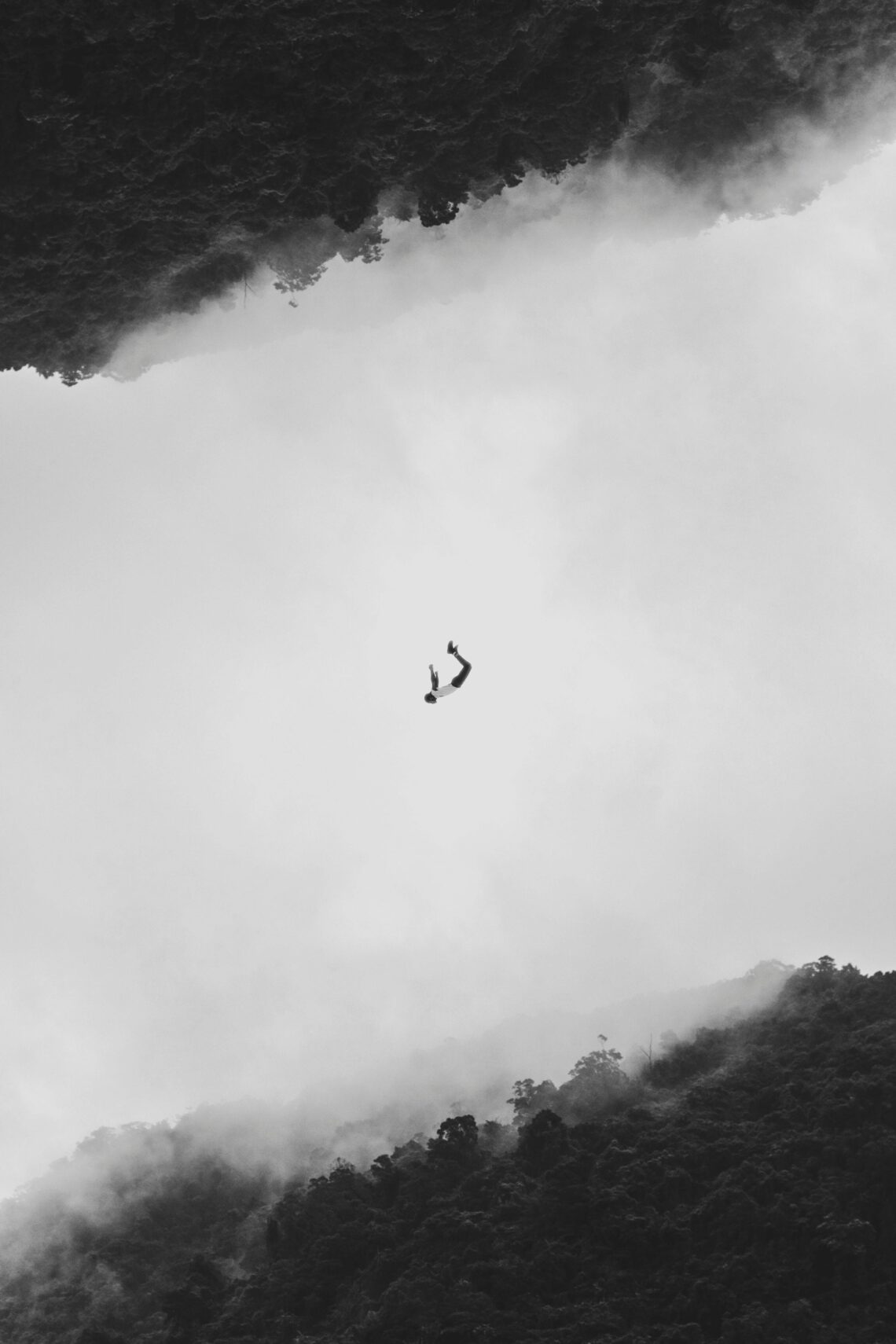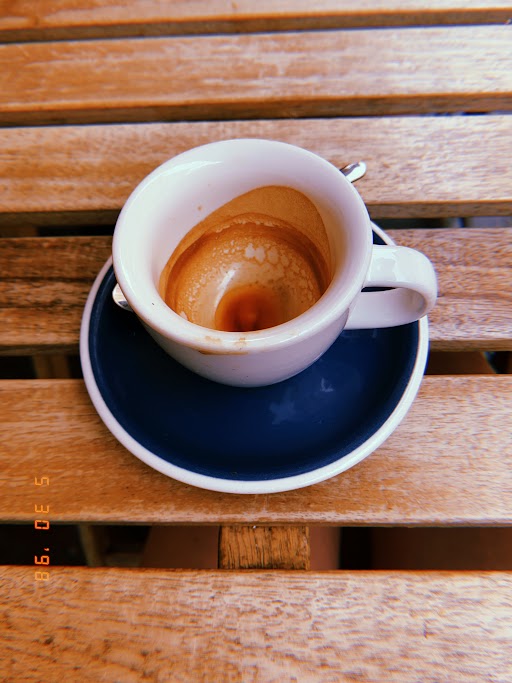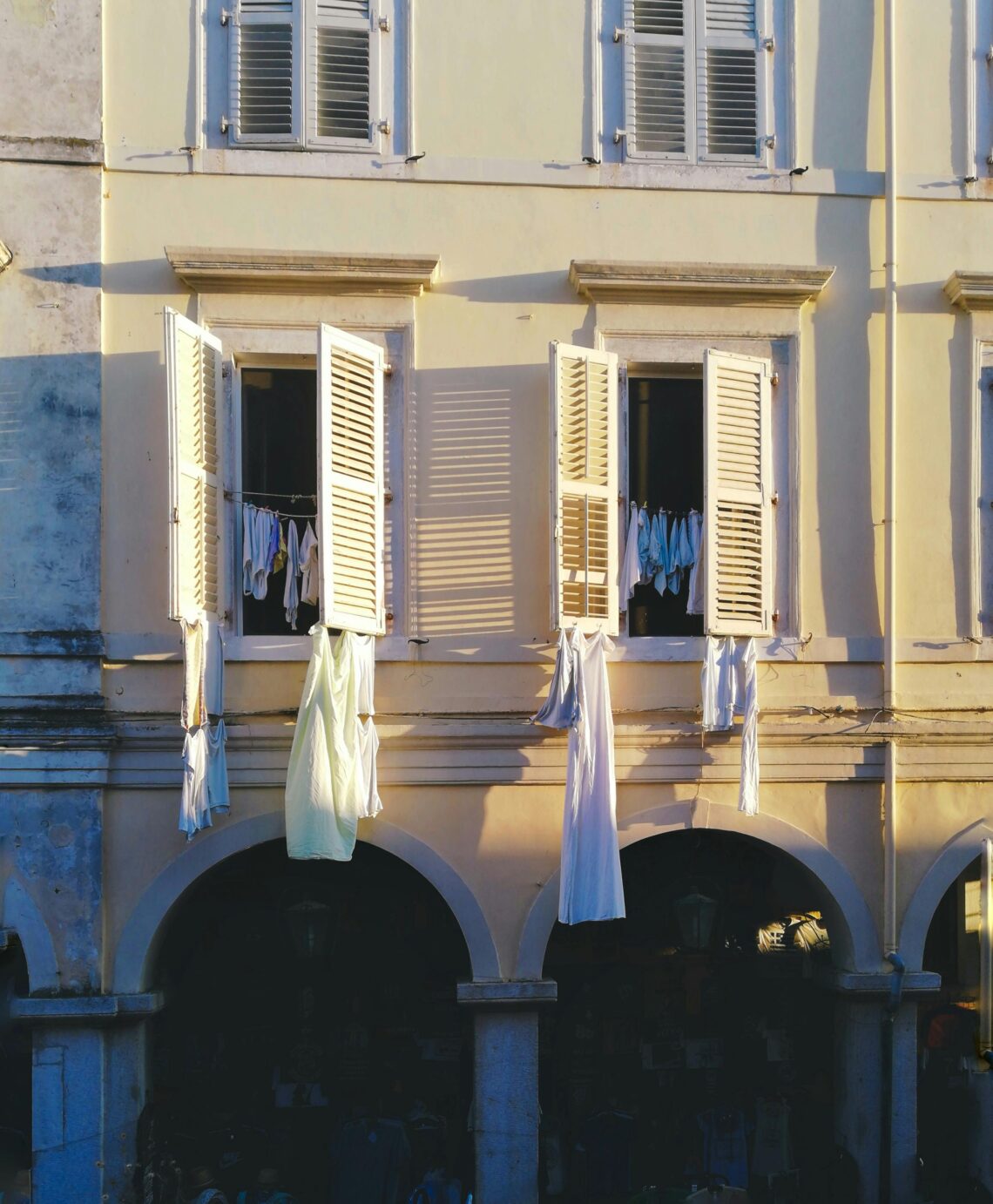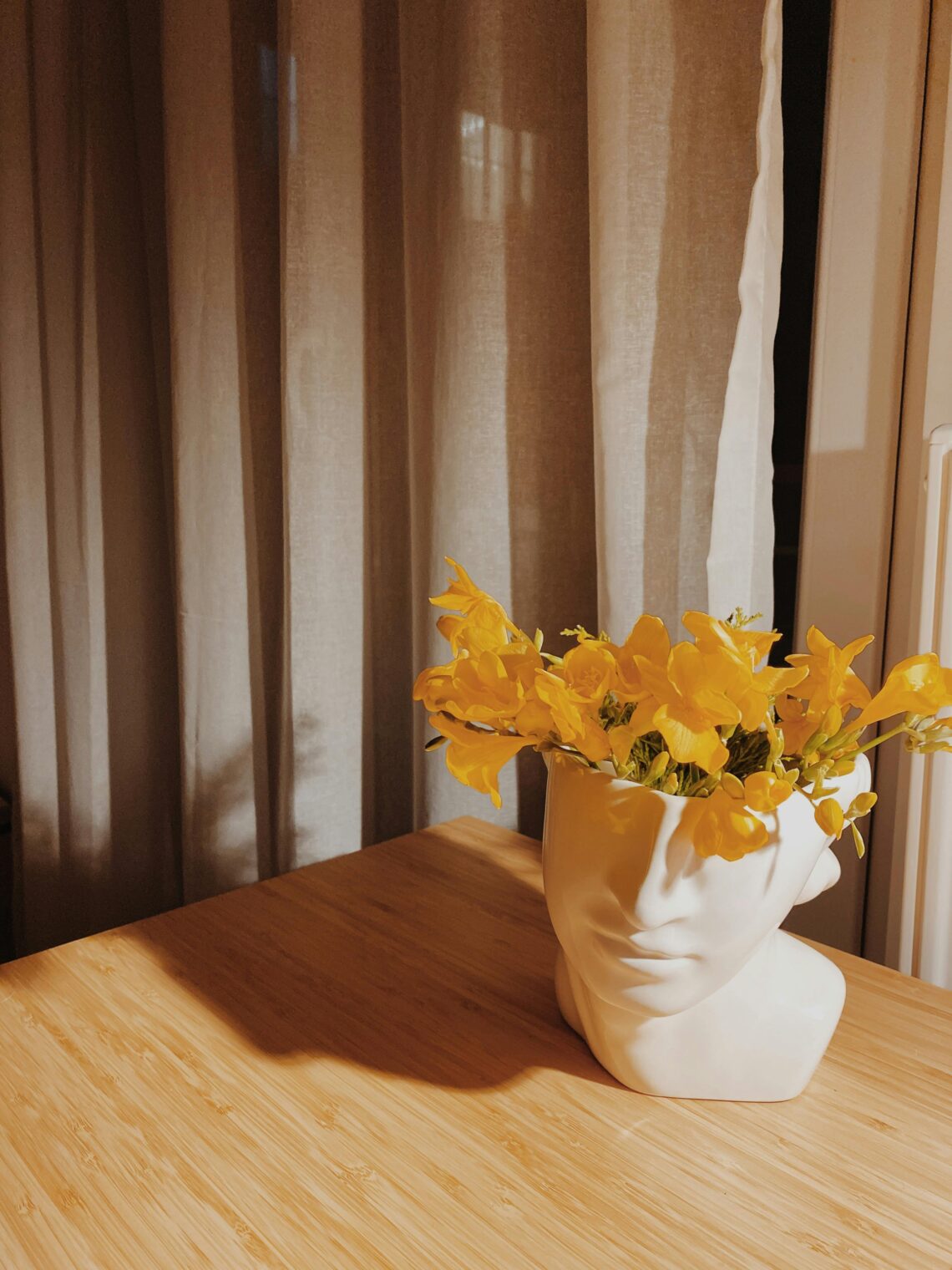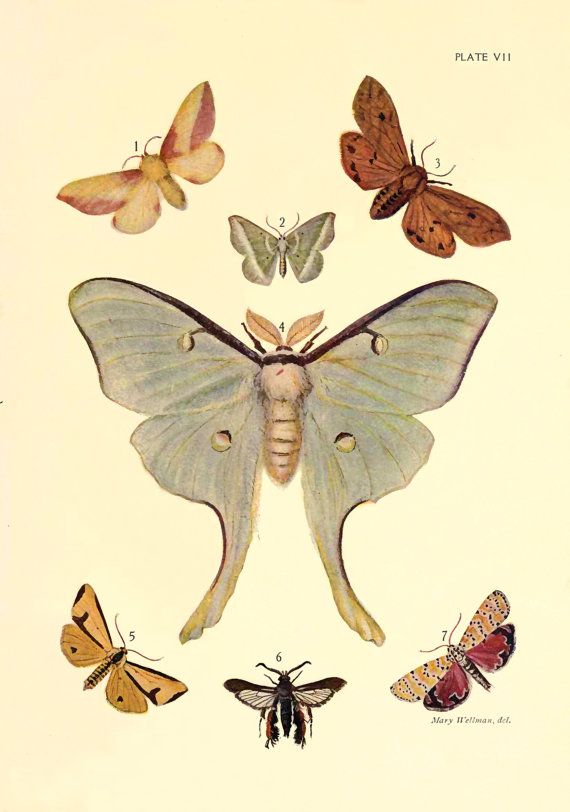Online Issues
-
The Falling
photo by Henry & Co. on pexels
by Michael Olson
(After Theodore Roethke’s “The Waking”)
I fall to rise and take my falling fast.
I feel myself in things I hope to know.
I learn by holding those that never last.I feel by thinking how to hold my past.
I know myself by what I need to sow.
I fall to rise and take my falling fast.To those who know a part of me, you asked:
Where are you going? -
Hey
photo by Sarah Brockhaus
by John A. Nieves
Because it started in pepper spilled on a diner
table, this sad little opus was born grains
and grey. And I think of the pebbles that dull
the mower as they sleep in the grasses pushing
up toward your sun. And your front lawn is
sloping and your driveway is filling with family
cars and the stains of routine.
-
Walking Through Old Lisbon
photo by Mirto Kon on pexels
by Lance Larsen
Like water I know enough to follow
cobblestones and gravity
to the busking sea half a mile to the west
cigarette butts underfoot
broken light drifting in from above
through laundry hung from windows
such twisty passages awash in a tongue
almost Spanish not quite French
I could be walking a primeval forest
dense with hanging moss
each path tagged with graffiti
a new way to be lost
motley hieroglyphs of here I am
touch me nope too late now I’m a ghost
smells and commotion spilling
into the street from open doors
a mother frying onions
someone vacuuming the world
a teenager sitting at an open
window channeling her darker twin
why are they so much happier than me
somewhere a couple has locked
a bedroom door behind them
maybe he’s shaved his beard
for the first time in seven years
maybe she has one sock on make it pink
make it the left I can intuit
these sacraments just by looking
up at a week’s worth of wash
pinned to the improvised sky
clothes trembling now in the breeze
tablecloths furthest from the window
then the gray workaday work pants
and bleached house dresses
finally closer to the sill scrubbed
boxers and delicate underthings
what decorum what clean
rustling bras like sideways angels
swimming in this bright quickening air
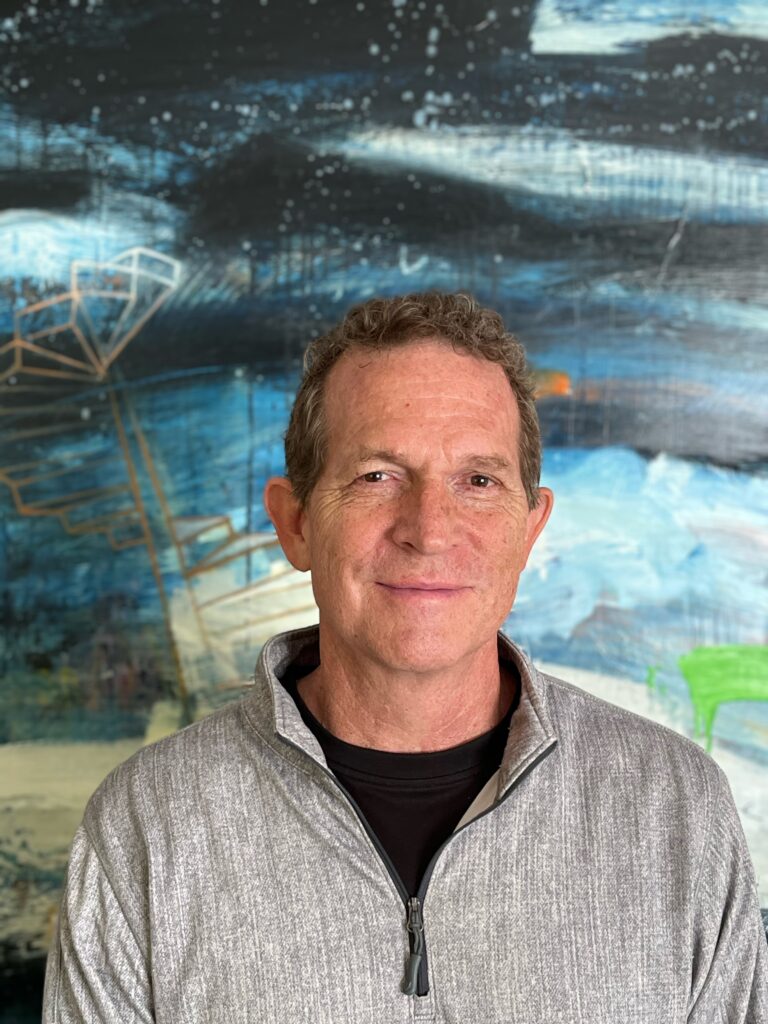
Lance Larsen has published six poetry collections,
-
Three Poems by Frank Graziano
painting by Auguste Renoir, 1881Full Moon Over Las Galeras
Islands surface as the mist
lifts and if the light is right
you see bodies phosphorescent
in moonlight like oversized
bioluminescent specimens
with one (me) awkward,
gawky, a self-conscious caricature
of inhibition.I try to disguise my vulnerability
with serenity. I knew to move
through your affection gently.
I hold you close in a float of elation,
drifting toward myself drifting
with you, entangled in your body,
settling toward something like peace. -
Odysseus’s Apology to Anticlea
by Anastasios Mihalopoulos
Photo by Öz T. on Pexels
Here, at ocean’s mouth, I pour and pray.
Sea-water sloshes its tongue on the shore.
Scent of barley and burnt honey vex the air.
Urge the dead to drink from my cup.I bleed a sheep. Black night
pours from its throat—the spirits come.
Clamor of armor and footsteps fill the beach,
men I could not save. Worse sounds camefrom those I could have—from you
standing there, hair turned silver, an opaque gloom
running through your skin. -
Day at the Zoo
by Daniel Webre
On another day at the zoo, not this one, I had the place almost to myself. I even had my own private animal show. On this day, however, things were different. I was hurrying along until I got to the foxes. There was a red fox with a white coat who intrigued me. She was there as before, but on this day I left the fox enclosure to investigate an unfamiliar noise. The caged-in area next door looked similar to the one I’d just left. It took a moment of scanning the interior before I could locate the source of the noise.
